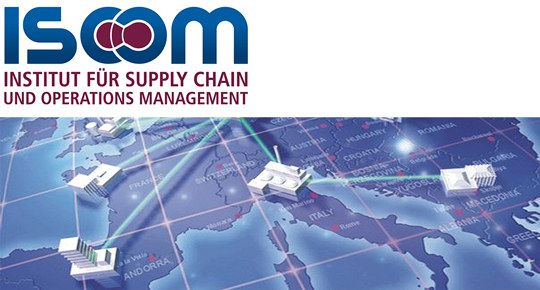

The mobility of the future should not only be sustainable and economical, but it must also lead to an improvement in the overall traffic situation and also people with limited mobility (older but also young adults). In addition to e-cars and car-sharing concepts, public transport services also play an important role and can become more attractive in the future with innovative concepts.... more info
The question of the most suitable vehicle for a prospective deployment profile is of fundamental importance in road haulage. From both a technical and a business perspective, transport companies must always ensure that future orders can be processed as profitably as possible with the purchased vehicles when making fleet-related investment decisions... more information
In order to achieve international environmental targets and take into account the social concerns of the population, it is essential to make transportation more efficient in the future. Electric cars can score points here with their high efficiency and the possibility of recharging with energy generated from renewable sources... more info
From an economic point of view, the operating theater is the heart of a hospital. This is where the services with the highest revenues are provided and at the same time high personnel and material costs are incurred ... more information
The European Greater Region Saar-Lor-Lux-Rhineland-Palatinate-Wallonia has undergone far-reaching changes in recent years and has developed from an industrial society to a service economy.
As a result, the needs of companies with regard to employee qualifications have also changed, and skills development and further training have become essential elements for employers and employees in the Greater Region... more information
Supporting dynamic scheduling tasks in forwarding companies through service-oriented integration of online data.
In the research project, distributed, up-to-date information is made usable for the support of scheduling and control tasks in transport companies ... more information
The introduction of the new EU directive on driving times and rest periods for professional drivers in road haulage in April 2007 has had a significant impact on driver scheduling and route planning.
To support scheduling under the new working time regulations, the Saarland University of Applied Sciences and J.S. Logistik AG are cooperating in the "UFAZ" project ... more information